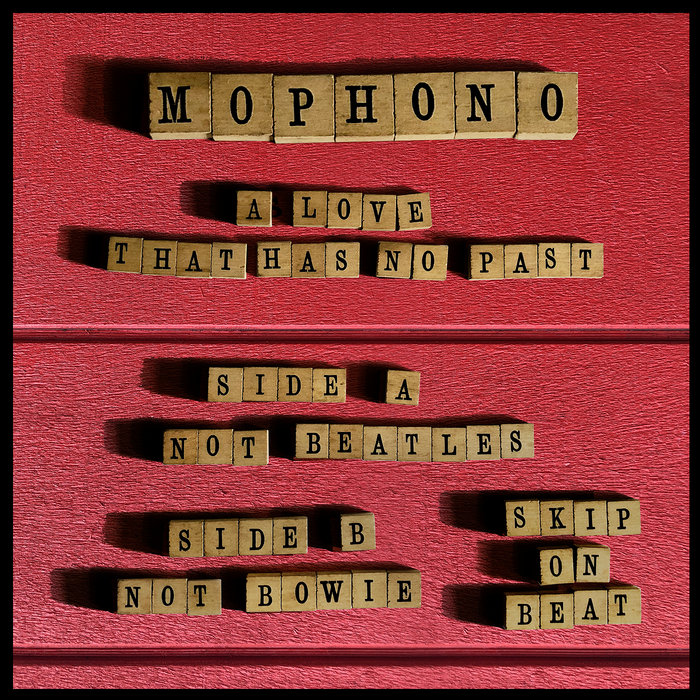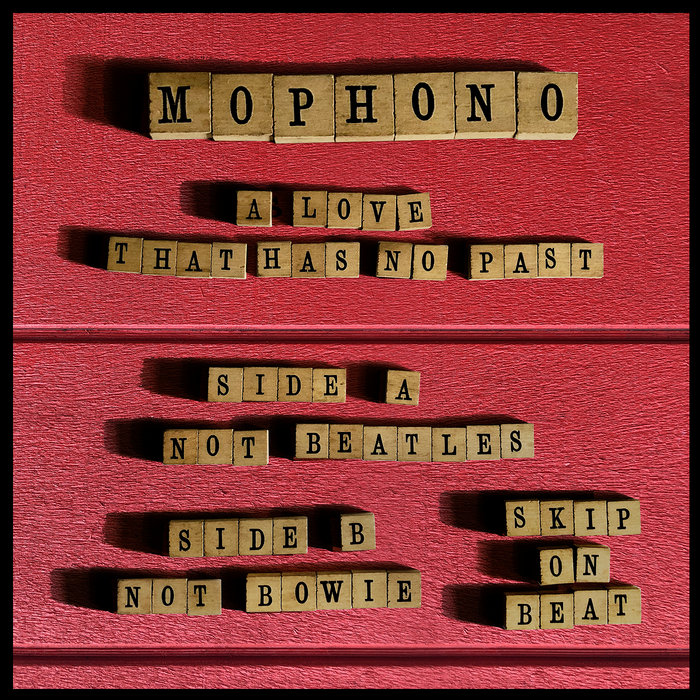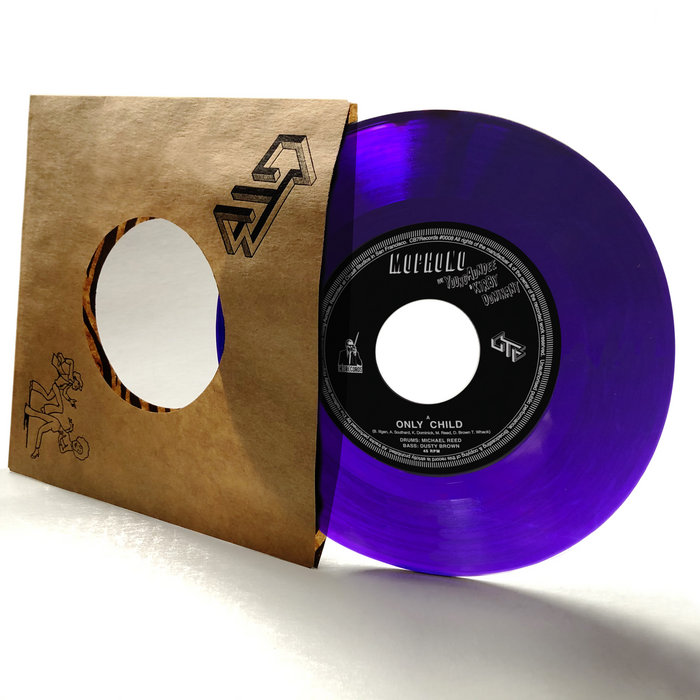
Not Beatles – Don’t Let Me Down – Change The Beat
this blog is GROOVY – check out great Soul, Funk, Jazz, Hip Hop, Bass, Breaks , Reggae, House n many more TUNES
Thug jazz, a term both descriptive and controversial, arose in the late 1980s and early 1990s as a subgenre of jazz. It’s a blend of traditional jazz with elements of hip-hop, funk, and R&B, often featuring gritty lyrics, hard-hitting rhythms, and a rebellious spirit.
Origins and Pioneers:
The roots of thug jazz can be traced back to the “conscious hip-hop” movement of the 80s, where artists like Public Enemy and A Tribe Called Quest infused social commentary and political messages into their music. Jazz musicians, particularly those from the younger generation, were influenced by this movement, leading to a fusion of styles.
Some early pioneers of the genre include:
Funny Facts and Moments:
While the music itself often conveyed a serious message, the personalities involved in thug jazz weren’t always so serious. Here are some amusing anecdotes:
A Genre Beyond Labels:
Thug jazz, like all music, is more than just a label. It’s about the energy, the passion, and the stories that musicians share through their sound. It’s a genre that continues to evolve, embracing new influences and challenging the boundaries of traditional jazz.
Despite the controversy surrounding the term, thug jazz stands as a testament to the power of musical fusion, where different worlds collide to create something uniquely powerful and captivating.

Not Beatles – Don’t Let Me Down – Change The Beat

A Love That Has No Past – Change The Beat

Mophono – Only Child – Change The Beat